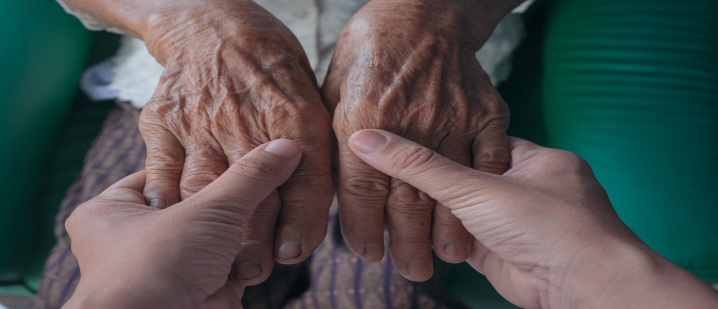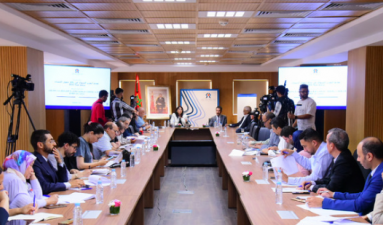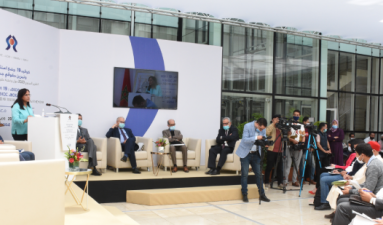
On October 1st each year, the world commemorates the International Day of Older Persons, and this year, the United Nations has chosen the theme: "Ageing with Dignity: The Importance of Strengthening Care and Support Systems for Older Persons Worldwide."
This thirty-fourth celebration is an opportunity to reflect on the situation and rights of older persons, whose population has been steadily increasing in Morocco. The National Human Rights Council (CNDH) notes in its 2023 Annual Report that older persons are included only as an age group in general statistics, lacking accurate demographic, social, health, and economic data. This was confirmed in the population census, which specified only the number of older individuals. According to the 2014 census, older persons represented approximately 9.4% of the population, increasing to 12.7% in 2023, and projected to reach 23.2% by 2050. This indicates that this group will constitute about a quarter of the country's population in 25 years, representing a massive demographic development.
With this demographic change come various challenges, mainly relating to health care, social protection, and stable income. To address these issues, public policies must be adapted accordingly, using a human rights-based approach. In this context, the CNDH highlights ongoing challenges within social welfare centers for older persons, particularly insufficient and unsustainable funding, which hinders their ability to effectiely fulfill their functions.
To address these challenges, the CNDH set forth key recommendations in its 2023 Annual Report to promote the rights of olders persons, including:
Establishing a legal framework on the rights of older persons in line with international standards, particularly the United Nations Principles on Older Persons (1991);
Supporting the adoption of a binding international instrument that protects and promotes the rights of older persons;
Establishing a database that enables policymakers to monitor the situation of olders persons and formulate public policies that ensure the protection of their fundamental rights;
Implementing the government's initiative aimed at establishing a "dignity" income for older persons;
Ensuring that the rights of older persons are integrated in regional policies and territorial collectivities' action plans;
Providing adequate, sustainable funding to social welfare institutions and equipping them with specialized staff to effectively meet the needs of the communities they serve;
Making public spaces more senior-friendly and accessible.
In the context of the 2023 Al Haouz earthquake, the CNDH highlighted that older persons are disproportionately affected during crises, as indicated by reports from the UN and the World Health Organization (WHO). Experiences demonstrate their heightened vulnerability to health challenges during natural disasters and climate change. In relation to the said earthquake, the CNDH noted that older residents in the affected areas faced significant difficulties in accessing timely health care and safe relocation options.






